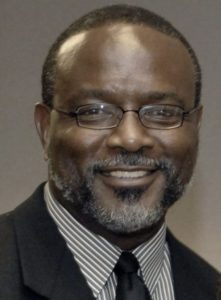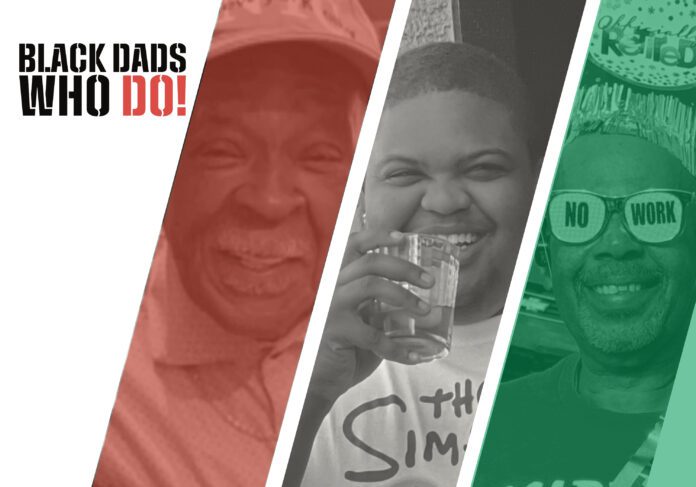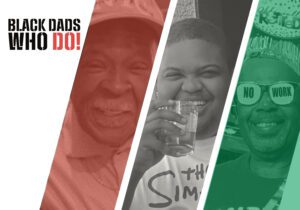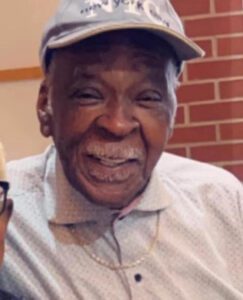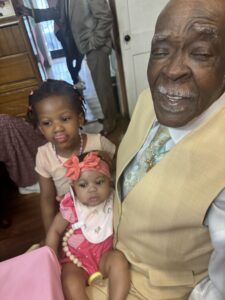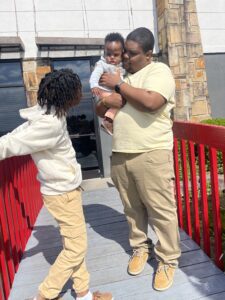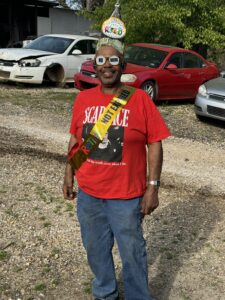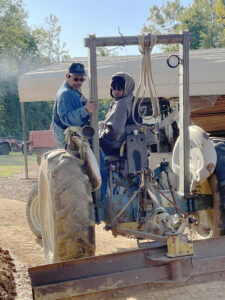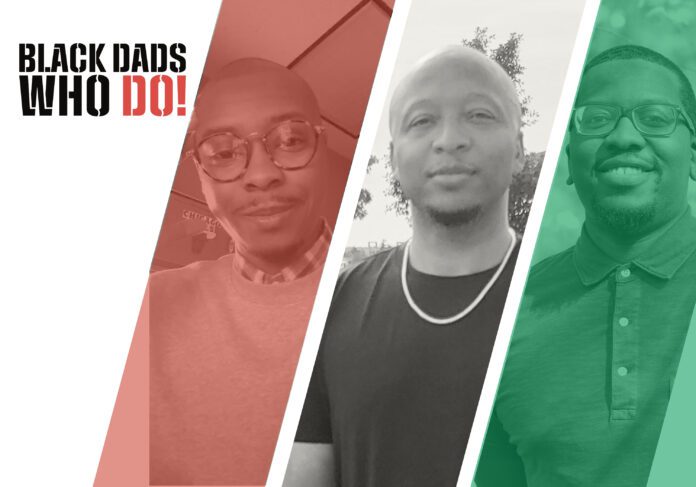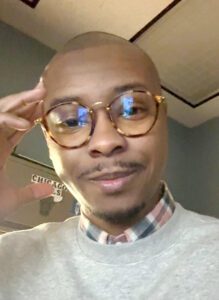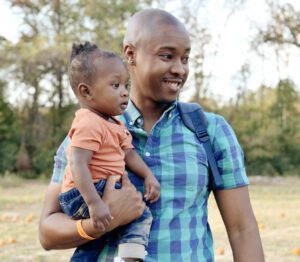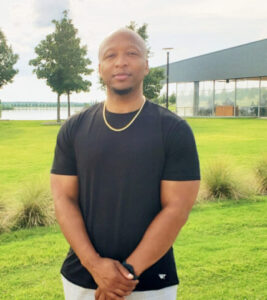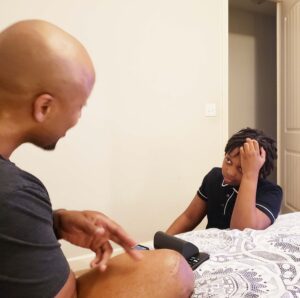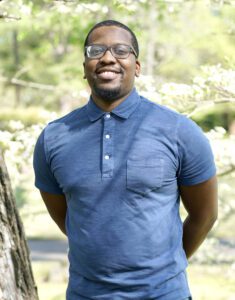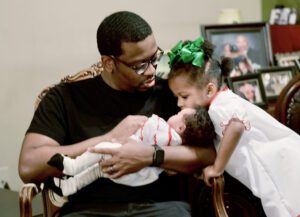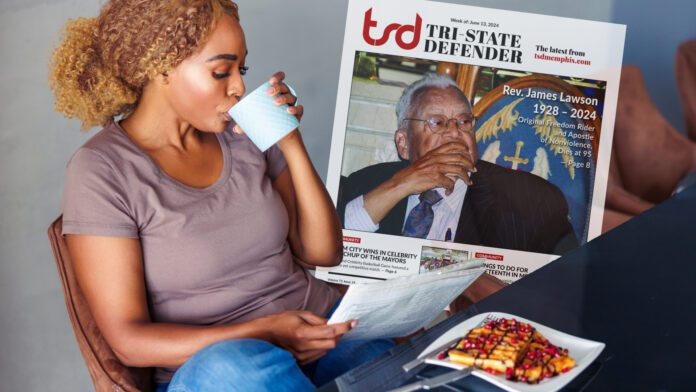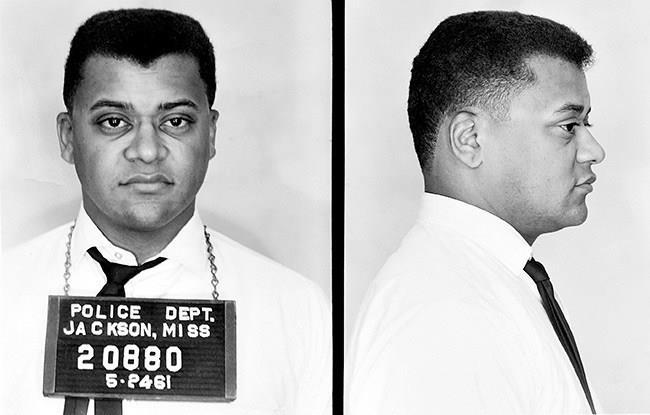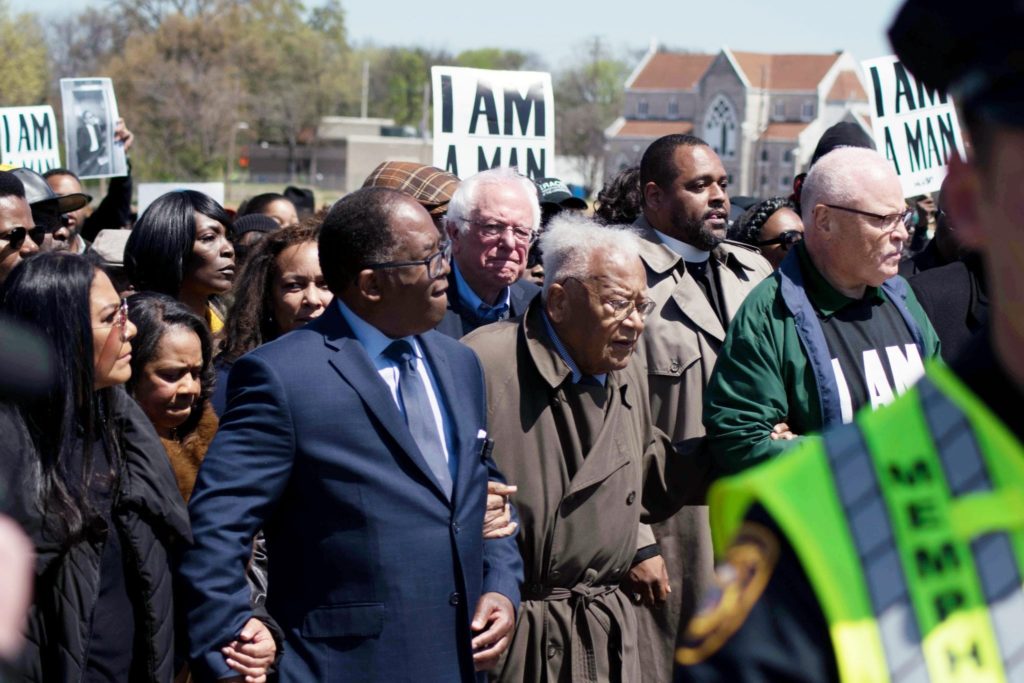By Stacy M. Brown, NNPA Newswire Senior National Correspondent
Willie Mays, the iconic Hall of Famer often hailed as the greatest player in baseball history, has died at 93. The news broke during a Mets and Rangers game in Arlington, evoking emotional tributes from the baseball community.

“He was the greatest I had ever seen on the field,” said Keith Hernandez, a New York Mets and St. Louis Cardinals legend, tearfully during the broadcast. Hernandez, who now serves as a color commentator for the Mets, reflected on Mays’ remarkable skills. “Willie would play a shallow centerfield, making it all the more amazing how he’d catch fly balls against the wall,” added Mets broadcaster Gary Cohen. “He was the greatest ever to play.”
Just a day prior, it was announced that Mays would not attend a special game honoring him and the Negro Leagues. Scheduled for Thursday, June 20, at Rickwood Field, the game features the San Francisco Giants and the St. Louis Cardinals. Mays, who began his career with the Birmingham Black Barons of the Negro Leagues, had shared his plans to enjoy the event from home. “I’m not able to get to Birmingham this year but will follow the game back here in the Bay Area,” he told the San Francisco Chronicle earlier in the week. “My heart will be with all of you who are honoring the Negro League ballplayers, who should always be remembered, including all my teammates on the Black Barons.”
Mays’ career spanned from 1951 to 1972 with the Giants, where he won a World Series in 1954, was a 24-time All-Star, and was a two-time National League MVP. Among many other accomplishments, his 660 home runs and 12 Gold Gloves highlight his legendary status.
The home run total came despite having taken a two-year hiatus from baseball to serve in the military and having played in the three toughest stadiums to hit home runs — The Polo Grounds, Candlestick Park, and Shea Stadium.
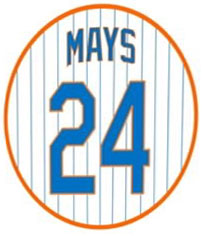
Major League Baseball, the city of Birmingham, and the Friends of Rickwood nonprofit group have collaborated to renovate Rickwood Field, the oldest professional ballpark in the United States, to honor Mays and the Negro Leagues. Despite his absence, Mays will be celebrated throughout the week’s festivities.
“My father has passed away peacefully and among loved ones,” Mays’ son, Michael Mays, announced. “I want to thank you all from the bottom of my broken heart for the unwavering love you have shown him over the years. You have been his life’s blood.”
Mays was not only a baseball legend but also a cherished figure in San Francisco. His 9-foot bronze statue stands proudly at Oracle Park’s 24 Willie Mays Plaza. He was eager to see MLB’s tribute at Rickwood Field, where he began his career.
Known for his exceptional five-tool abilities—hitting, power hitting, fielding, throwing, and baserunning—Mays also possessed an unmatched strategic acumen. In 2015, he received the Presidential Medal of Freedom from President Obama, who acknowledged Mays’ impact on sports and society. “It’s because of giants like Willie that someone like me could even think about running for president,” Obama remarked.
Mays was dedicated to helping others throughout his life, notably through his Say Hey Foundation, which supports underprivileged youth. “I do what I can for people, man,” Mays said in a 2021 interview. “When the kids ask me for something, I give it to them. Let them have it because they’re going to be here after I’m gone, and I want the kids to enjoy what they can enjoy.”
A career batting average of.302, 3,283 hits, and numerous honors define Mays’ legacy. He was inducted into the Baseball Hall of Fame in 1979, cementing his place as one of the sport’s all-time greats.



